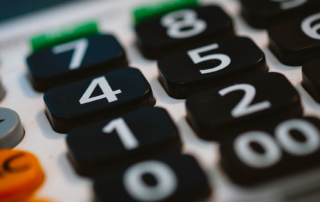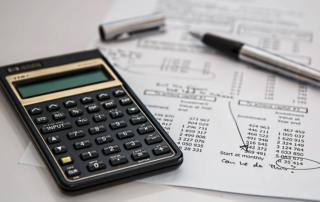Personal Financial Wellness Scale™ is now available in 7 languages
The PFW Scale™ is an eight item survey, which is a reliable measurement of perceived financial distress/financial well-being. It provides the user with a score, which has been scientifically determined to be a valid and reliable measure of one’s perceived personal financial wellness, as well as measure for employees learning progress during the financial literacy



